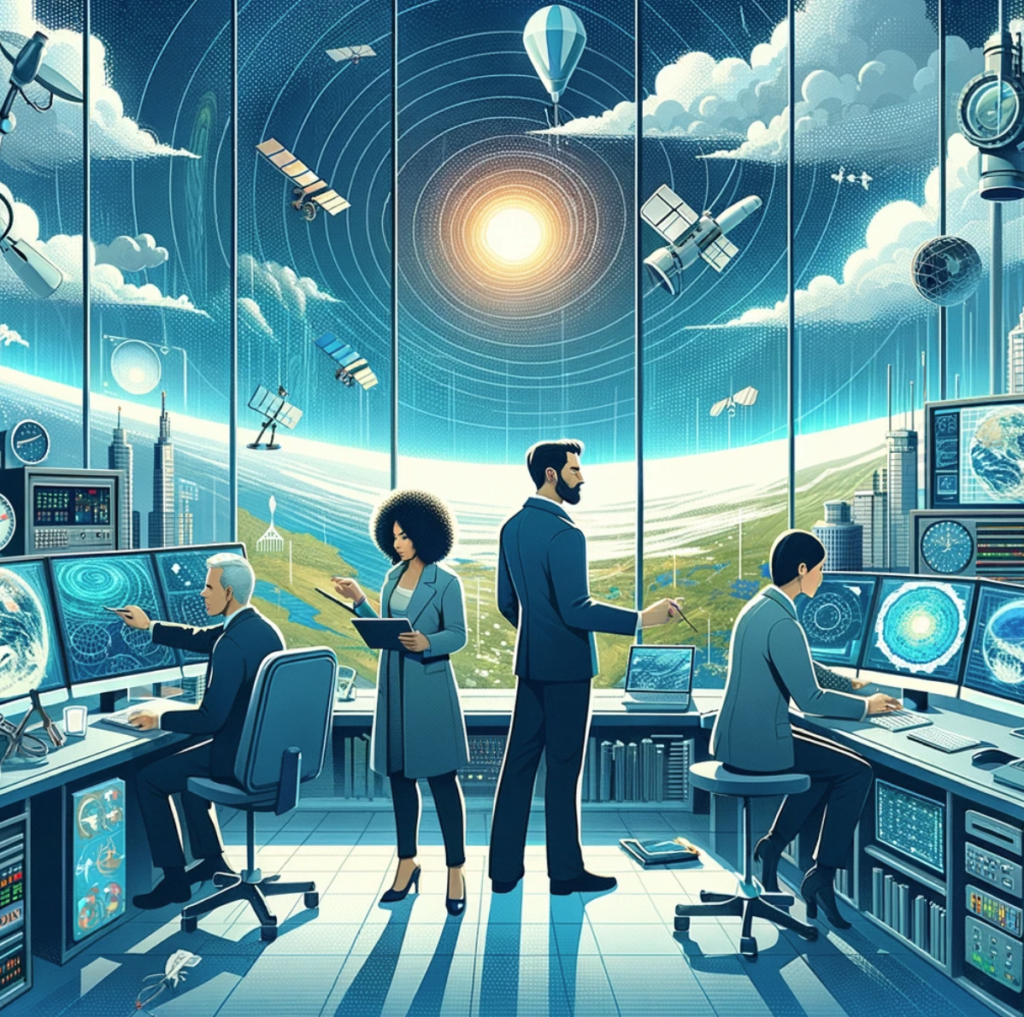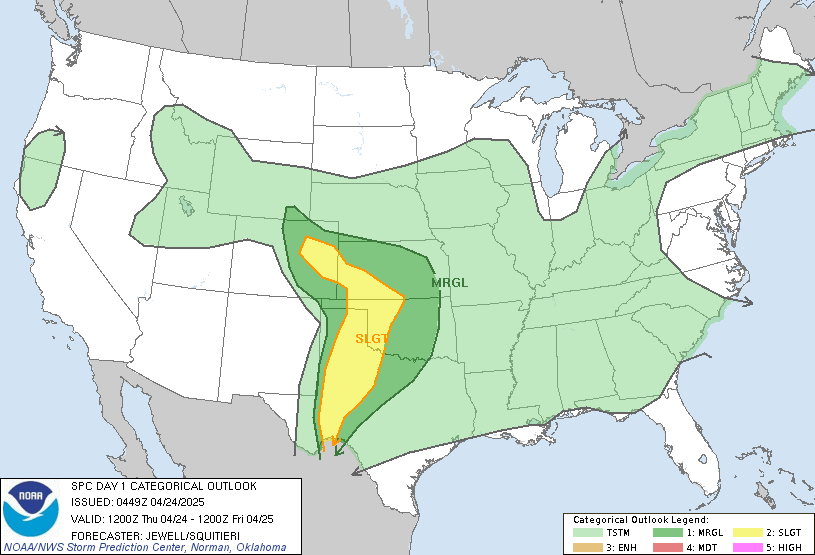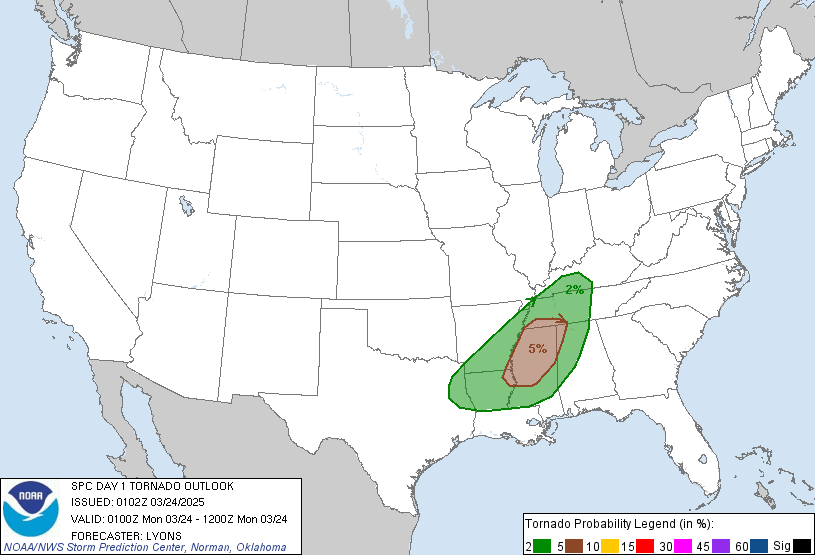Introduction: Weather surrounds us every day, influencing our choices, activities, and along the Gulf Coast, even our safety. Have you ever wondered how meteorologists predict the weather or why understanding weather patterns is so important? Well! You came to the right place.
In this first installment of our weather education series, we’ll dive into the fascinating world of meteorology and explore why it matters.

What Is Meteorology? Meteorology is the scientific study of the Earth’s atmosphere. Often, the main part of meteorology is focusing on understanding and predicting weather conditions. Meteorologists, the scientists who specialize in this field, analyze the complex interactions that occur in our atmosphere to provide us with weather forecasts and insights into climate trends. You may ask, “What do meteors have to do with weather?” I think it is best described by National Geographic:
The name comes from the ancient Greeks. In about 340 B.C.E., the Greek philosopher Aristotle wrote a book called Meteorologica, which contained all that was known at the time about weather and climate. Aristotle got the title of his book from the Greek word “meteoron,” which meant “a thing high up” and referred to anything observed in the atmosphere.
https://education.nationalgeographic.org/resource/meteorology/
Why Meteorology Matters: Weather affects nearly every aspect of our lives, and meteorology plays a vital role in understanding and managing its impact. Here’s a short-list with a few reasons why meteorology matters:
- Weather Forecasting: Meteorologists use advanced technology and data analysis to provide accurate short-term and long-term weather forecasts. These forecasts help people plan daily activities, whether it’s deciding to bring an umbrella or preparing for a weekend getaway.
- Climate Science: Meteorology contributes to our understanding of climate change and long-term climate patterns. By studying past weather data and monitoring current conditions, meteorologists help us comprehend the complex forces that shape our climate. And can help to communicate the risks in the future.
- Disaster Preparedness: Meteorology is crucial in disaster preparedness. It enables us to anticipate and respond to natural disasters like hurricanes, tornadoes, floods, and wildfires, potentially saving lives and minimizing damage.
- Agriculture and Food Security: Farmers rely on weather forecasts to make informed decisions about planting, harvesting, and irrigation. Accurate meteorological information is essential for ensuring food production and security.
- Aviation and Transportation: Weather conditions can significantly impact aviation safety and travel plans. Meteorologists provide critical information to pilots and travelers to ensure smooth and safe journeys.
- Energy and Environmental Management: The renewable energy sector depends on meteorology for optimizing energy production from sources like wind and solar power. Even non-renewable energy needs to understand the weather to manage energy load. Additionally, meteorology helps us manage and protect our environment, including air and water quality.

The Historical Significance: Meteorology has a rich history dating back thousands of years. Early civilizations attempted to predict weather using simple methods, such as observing the behavior of animals or patterns in the sky. Over time, different tools were created to monitor the skies and the atmosphere.
- Thermometers measure temperature by using the expansion and contraction of a substance in response to changes in heat. The thermometer’s invention has a cloudy past (no pun intended). Evangelista Torricelli (in the mid 1600s) described the earliest known sealed thermometer, like the one you may have near a window or on a porch with a red liquid inside. But the first general thermometer was invented about half a century earlier by Galileo Galilei.
- Barometers measure a change in air pressure being pressed down on the earth. This became important when forecasting the weather. The barometer was invented by Evangelista Torricelli in 1643.
- Hygrometers measure humidity levels in the air. This can also help with weather prediction. The invention of the hygrometer can be traced back to the Grand Duke of Tuscany (early 1600s), Ferdinand II. He was curious about why condensation formed on a glass of liquid.
- Anemometers measure wind speed and is essential for assessing wind patterns at the surface. The anemometer has a long history, with early versions also dating back to the 15th century.
- Naphoscopes were once used to measure the height, speed, and direction of clouds. The naphoscope uses mirrors and triangulation to estimate cloud types. It is not a widely known weather monitoring tool, and its invention date is estimated to be in the early 19th century.
Eventually, meteorological science evolved, leading to the development of modern forecasting techniques and technologies. Meteorology’s historical significance is a testament to humanity’s enduring fascination with and reliance on the weather.
Take Home: Meteorology is more than just predicting whether it will rain tomorrow—it’s a multidisciplinary science that impacts every facet of our lives. By understanding the Earth’s atmosphere and the forces that govern it, meteorologists provide us with the knowledge we need to make informed decisions, stay safe, and adapt to a changing world.
In the upcoming posts in this series, we’ll delve deeper into the fascinating world of meteorology, exploring the Earth’s atmosphere, how temperature works, where humidity comes from, and much more.
Stay tuned for our next post, where we’ll explore the layers of the Earth’s atmosphere in greater detail. If you have any questions or topics you’d like us to cover in this series, feel free to leave a comment below!

